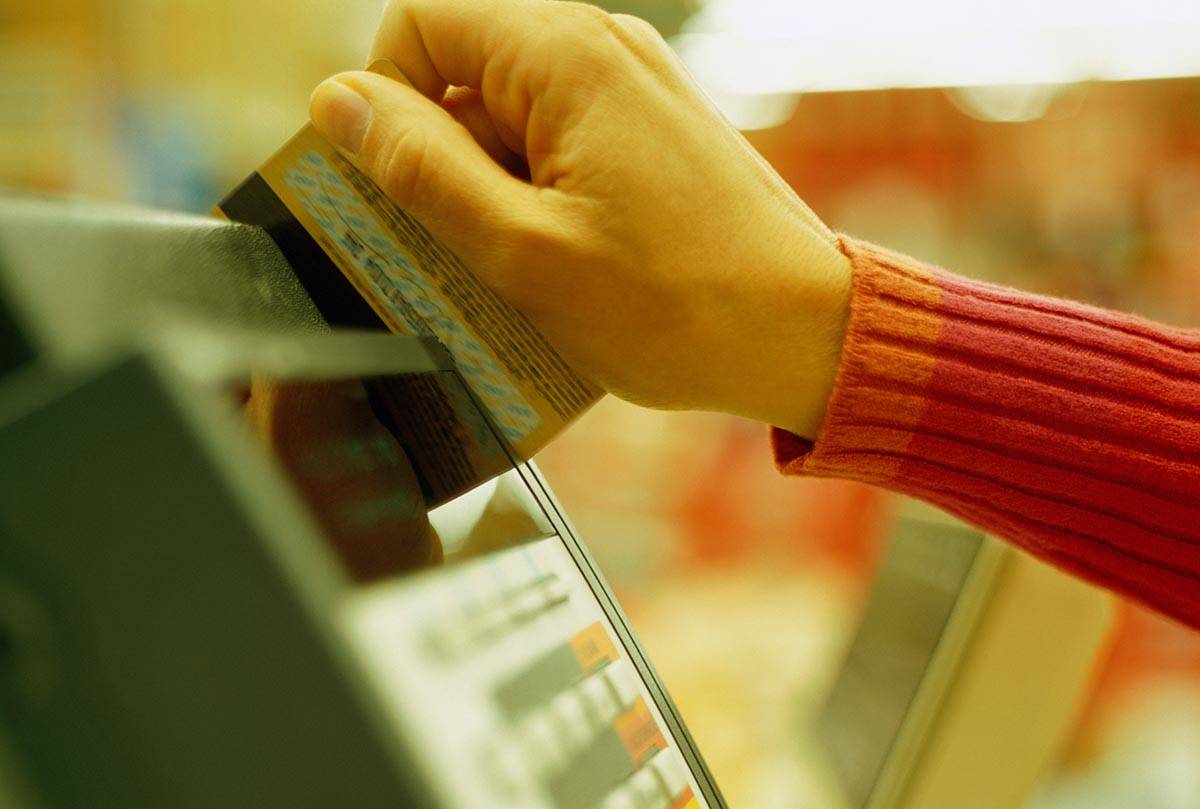How to handle your credit card dispute properly
See if this sounds familiar: After carefully reviewing your most recent credit card bill, you noticed a charge that you didn’t authorize. You contact the merchant that made the charge and ask them to remove it. But in this case, the merchant either isn’t responsive to your problem or tries to give you the runaround.
If you can’t come to an agreement about a credit card charge, there’s another option: Contact your credit card company to serve as the mediator between you and the business you believe incorrectly charged you. It’s called filing a credit card dispute, and it involves having your credit card provider dispute the charge as well as any related finance charges.
What does it mean to dispute a charge on a credit card?
When it comes to the language of credit cards, a dispute is not an argument. Instead, it’s the legal term signifying your disagreement of a charge or fee imposed by your credit card company.
A dispute is also known as a chargeback. Federal regulations tied to the Truth in Lending Act and Fair Credit Billing Act require that a dispute be handled a specific way.
How does disputing a credit card charge work?
When you initiate a credit card dispute with your credit card company, the company will take action to resolve the situation. As soon as you initiate the chargeback, the card provider will remove or withhold the amount in question from the business that made the charge and send it a written notice of why.
The business will then have the opportunity to review your complaint. It might dispute the chargeback by responding back to your credit card provider within a certain period of time. The business must prove the charge is correct by including a signed card slip, store policy or proof of delivery of the item. If it fails to do so, it will lose the dispute.
After the grace period to respond to the dispute is over, your credit card provider reviews the documents to rule for or against you. If you win, the funds and any associated interest fees and other charges are permanently removed from your account. If you lose, you are once again responsible for the charge.
Do banks really investigate disputes?
Banks take customer disputes seriously and investigate disputes thoroughly. They are required by law to send you an acknowledgment in writing within 30 days after you open the investigation and must resolve the dispute within 90 days.
Read more: 4 totally unexpected ways your credit card can save you hundreds a year
How long do you have to dispute a credit card charge?
It’s important to review your credit card statements for billing errors every month. If you find a charge you don’t recognize or don’t agree with, a dispute must be initiated within 60 days of the transaction first appearing on your credit card statement.
If you are in the process of trying to resolve the problem with the merchant directly and the merchant is dragging its feet, it might be doing so as a stall tactic so you won’t be able to dispute the charge. If you don’t feel that there’s any progress made with the merchant, initiate a chargeback with your credit card provider and detail your attempts to resolve the issue yourself.
Protect yourself: The riskiest places to swipe your credit card
What types of credit card charges can you dispute?
Here’s a list of reasons you might initiate a chargeback or credit card dispute:
You’ve been billed for merchandise you never received or returned.
You were accidentally charged twice.
The company never credited your card account back as agreed.
You were charged for goods or services you didn’t accept.
You were charged for items that were not delivered as agreed.
A charge was for the wrong date or amount.
You didn’t authorize the transaction.
The goods or services were not as promised.
You don’t recognize a certain transaction.
Keep informed: Stores with the best and worst return policies
How do I dispute a credit card charge?
Reaching out directly to the merchant to try and resolve the charge might be the fastest way to handle it. But if you feel like you’re not getting anywhere, a chargeback is the next best option. Here’s how to dispute a credit card charge:
Contact your credit card company by calling or signing in to your card account.
The card provider will ask you details about the transaction to identify it.
Provide the reason for your dispute and any evidence you have to support your case.
The card provider will send you written acknowledgment within 30 days of initiating the dispute.
At this point, it’s time to wait while your card provider contacts the merchant to investigate the dispute.
Card advice: How to report credit card fraud
What happens after you dispute a charge?
Once you follow the proper protocol for submitting a dispute, your consumer rights are legally protected. Until the dispute is settled, you don’t have to pay the charge or finance fees and the creditor cannot negatively impact your credit score. You are legally entitled to a decision no more than 90 days after the creditor received your letter.
After following the proper steps you will either win, lose or compromise on a settlement. If you lose, the creditor must prove why. To make your best case, ensure that your claim is accurate and that you follow the proper dispute process.
More from GOBankingRates
Is a joint credit card right for you?
13 credit cards that every 30-something should consider
Manage your money stress with 4 no-frills credit cards
This article originally appeared on GOBankingRates.com: How to handle a credit card dispute

















